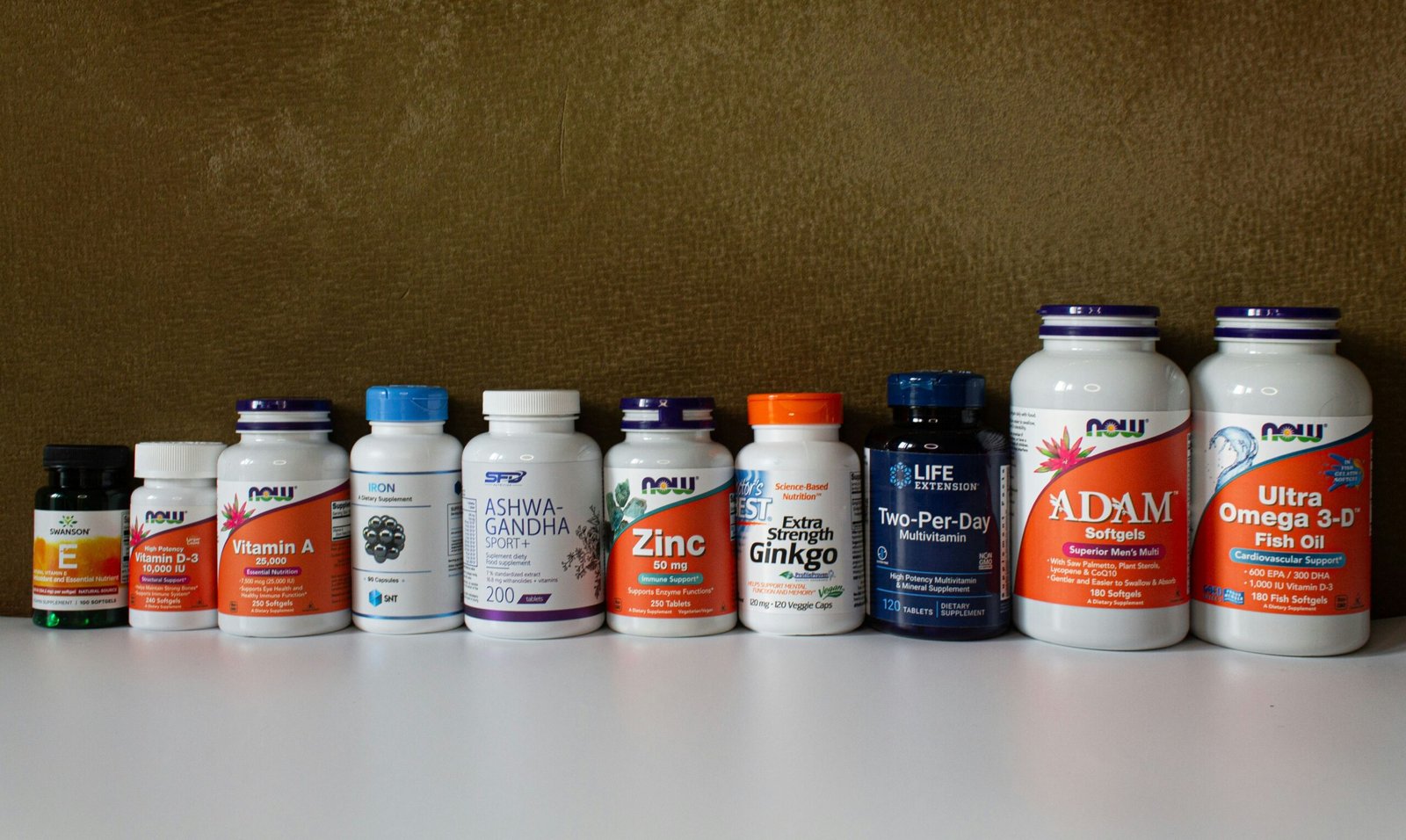Introduction: Navigating the Nutritional Supplement Maze
Nutritional Supplement as someone who has wandered the endless aisles of health stores, I know how overwhelming it can feel when faced with a wall of vitamin bottles, protein powders, and glowing capsules promising peak vitality. The truth is, the world of nutritional supplements is not one-size-fits-all. What works wonders for one person may be completely unnecessary (or even risky) for another. In this article, I’ll walk you through a personalised and practical approach to choosing the best nutritional supplement for your unique needs.
Understanding Supplements: What Are We Really Taking?
Nutritional supplements come in many forms—vitamins, minerals, amino acids, proteins, botanicals, and more. They’re designed to add nutrients to your diet or to lower your risk of specific health problems. Sounds simple, right? Not always! Identifying what, if anything, you actually need is the first challenge.
Do You Really Need a Nutritional Supplement?
Let’s start with a mental inventory. If your daily meals are colorful, varied, and full of whole grains, lean proteins, fruits, and vegetables, chances are you may not need much supplementation. But for many of us, life isn’t always that balanced—stress, busy schedules, dietary restrictions, or health conditions can create nutritional gaps. Here’s when supplements might come in handy:
- Vegan or vegetarian diets: You may need Vitamin B12, iron, or omega-3 fatty acids.
- Limited sun exposure: Consider Vitamin D.
- Post-menopause or pregnancy: Calcium, Vitamin D, and folic acid requirements change.
- Digestive disorders: Issues like celiac or Crohn’s can impair nutrient absorption, creating a need for specific supplements.
Common Supplement Categories and Their Uses
- Multivitamins: Probably the most “all-in-one” approach, multivitamins can help cover small dietary gaps. However, they aren’t a magic bullet and won’t compensate for a poor diet.
- Protein Powders: Great for athletes or those with higher protein needs, as well as busy individuals looking for meal convenience—think whey, soy, pea, or rice protein.
- Omega-3 Fatty Acids (Fish Oil): Excellent for heart and brain health, especially if you don’t eat fatty fish regularly.
- Vitamin D: Essential for bone health and immune support; supplementing is often necessary in regions with limited sunlight.
- Probiotics: These support gut health, particularly after antibiotic use or if your digestive system needs extra help.
- Iron: Especially important for people with menstrual cycles, vegetarians, and those diagnosed with anemia.
Quality Counts: What to Look For
Walk into a supplement shop and you’ll find every product vying for your attention. But not all supplements are equal. For peace of mind, keep these guidelines in mind:
- Third-party testing: Look for seals from organizations like NSF International or USP, which indicate rigorous quality checks.
- Transparency: Choose brands that share their ingredient sourcing and manufacturing standards.
- Clear labeling: Avoid proprietary blends that don’t specify exact amounts.
The Risks of Over-Supplementation
Believe it or not, more isn’t always better. Overdoing it with supplements, especially fat-soluble vitamins like A, D, E, or K, can lead to toxicity. High doses of certain minerals (like iron or calcium) may interact with medications or cause other health issues. Always follow recommended dosages, and never see supplements as a replacement for real, quality food.
Consult a Professional
Before you buy that trendy bottle of superfood capsules, have a chat with your doctor or a registered dietitian. A blood test or dietary review can reveal real deficiencies and help tailor your supplement plan. This is particularly critical for those with chronic health issues or on prescription medication.
Conclusion: Nutritional Supplement Find What’s Right for You
Standing in that supplement aisle, it’s easy to feel lost. But with a little knowledge and a personalized approach, you can make confident, safe choices that genuinely support your health. Remember, the best supplement is the one that addresses your unique needs—and sometimes, that’s just a well-balanced plate! If you’re ever unsure, don’t go it alone—expert guidance makes all the difference.












Leave a Reply